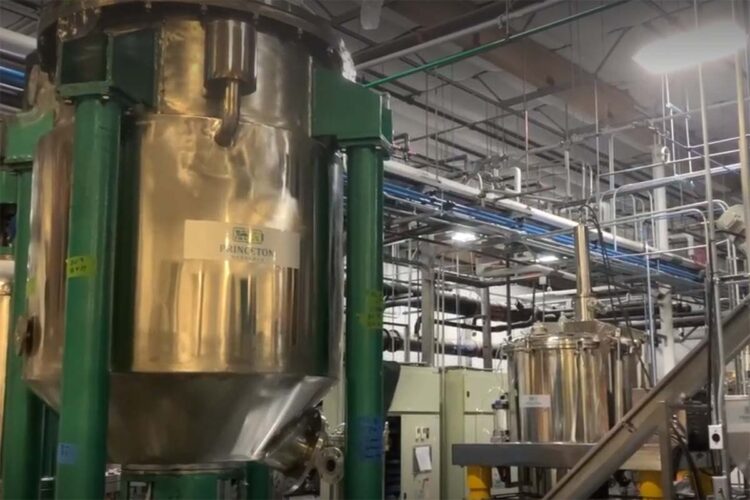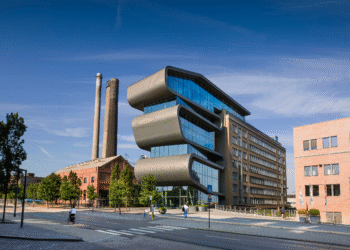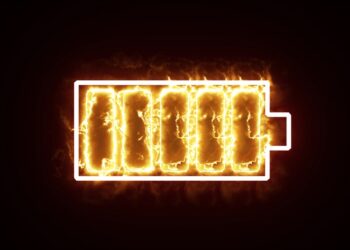Princeton NuEnergy secured a $12 million grant from the U.S. Department of Energy to accelerate the commercialization of its technology.
The battery recycling startup, founded out of Princeton University, uses a plasma-based recovery process to perform cathode-to-cathode and anode-to-anode recycling without chemical leaching. In October 2022, it opened a pilot lithium-ion battery recycling line at Wistron GreenTech’s site in McKinney, Texas.
The pilot has a processing capacity of 500 tons per year. Batteries are sourced from Apple, Dell, Samsung and Call2Recycle, a national consumer battery collector. They are shredded, then the raw cathode and raw anode materials are physically separated before the plasma purification.
The latest grant is in collaboration with the Argonne National Lab, the National Renewable Energy Lab, the Oak Ridge National Lab and UC Irvine. The $12 million comes from the U.S. Department of Energy Office of Energy Efficiency and Renewable Energy and is part of the federal government’s bigger push to secure domestic supply chains for battery materials.
Previously, NuEnergy was awarded $100,000 from The Intellectual Property Accelerator Fund and two grants from the U.S. Department of Energy’s Small Business Innovation Research (SBIR) program, a phase one grant for $250,000 and a phase two grant for $1.15 million. It was also a sub-recipient of Tennessee Technological University’s Department of Energy award for mobile charging station development.






























